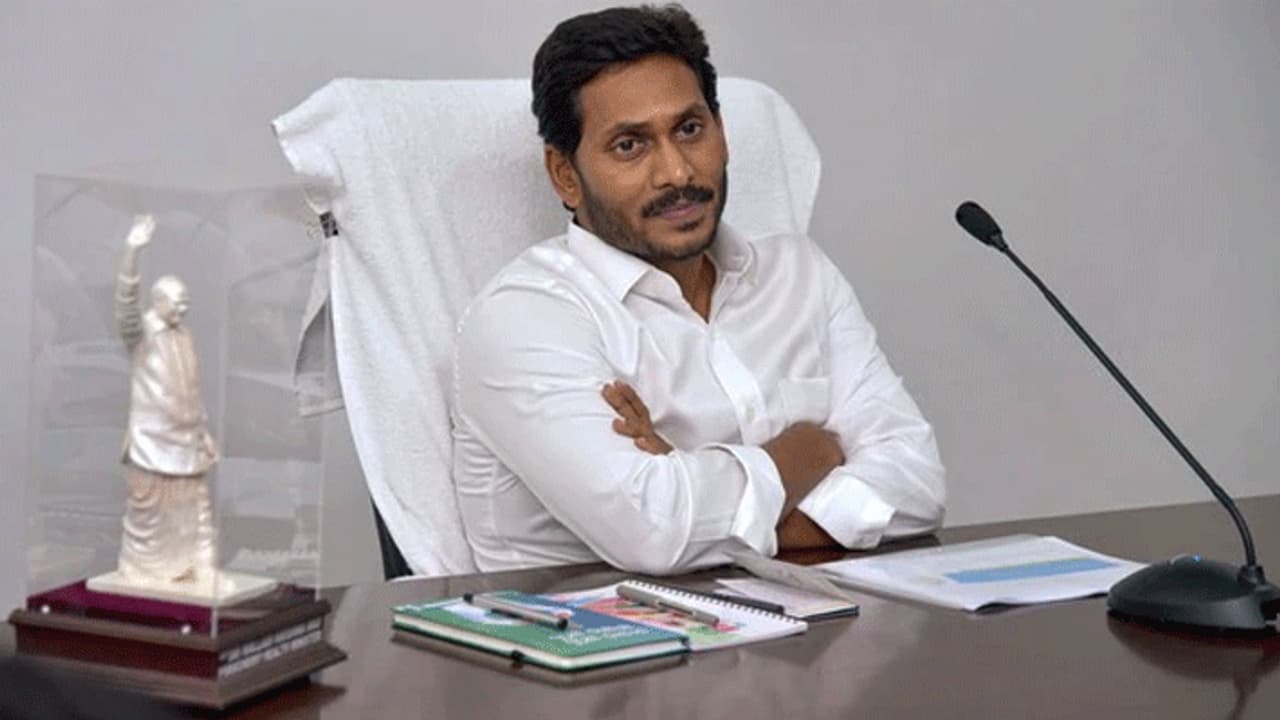Why does Jaganmohan Reddy's government in Andhra Pradesh need five deputy chief ministers, something unheard of in the annals of Indian political history?
In the Tamil film Muhammad bin Tughlaq, which is one of the most remarkable political satires ever, there is a situation where the quixotic Mughal emperor ends up as the Prime Minister of India. And during a political crisis, when his party men are about to shift allegiance, he comes up with a master stroke. He says MPs who join his party (remember this was much before the introduction of the anti-defection law), will be made the deputy Prime Minister. He ends up with the support of 450 MPs, and also ends up with a Cabinet of 450 deputy Prime Ministers.
When real life politics resembles satire, you know the situation is really farcical.
Well, it is close to that in Andhra Pradesh, as the new chief minister YS Jagan Mohan Reddy today appointed five deputy chief ministers to the state.
To be sure, there is no threat to Jagan's government --- he has a virtual monopoly of the state Assembly having won 151 of its 175 seats. He is in a position of strength quite unlike the fictional Prime Minister Tughlaq.
So why does his government need five deputy chief ministers, something unheard of in the annals of Indian political history?
Well, the answer, as is being speculated in the power corridors of Andhra Pradesh, is populism. Having come to power with an unprecedented mandate, Jagan is eager to be seen as everything to everyone.
Jagan reportedly announced the decision at the legislative party meeting in his YSRCP office in Tadepalli. Accordingly, the five deputy CMs would comprise a Scheduled Caste, Scheduled Tribe, Backward Class, Minority and one from the Kapu community.
While the choice of the first four are understandable, the last one --- Kapu --- deserves a political explanation.
Kapus in Andhra fall under the forward community, and they are supposed to be strong in East and West Godavari, Visakhapatnam and Vizianagaram districts.
By having a deputy chief minister from the Kapu community, Jagan is seen to be paying a debt of gratitude, as it is their votes that generally decide the fate of parties in the elections. But Kapus, in general, are not known to vote en bloc quite unlike the Reddys or Kammas (to which community Chandrababu Naidu belongs).
Kapu in Telugu means 'protector', and the community people are mostly farmers, and because of lack of cohesion amongst themselves, they have not made much political strides in the state. Kapus are numerically very strong, constituting around 15% of the state's population (it is seen to have shot up to 25% post the creation of Telangana from Andhra).
Kapus, despite falling under the upper caste category, have been demanding some kind of reservation as they feel they have never enjoyed the political clout of the Kammas and the Reddys.
There were agitations from Kapus in the run up to the elections. The TDP passed a resolution in the Assembly for 5% reservation to economically weaker Kapus, and also set up a Kapu Corporation.
And there is Jana Sena party's Pawan Kalyan who is also Kapu.
Despite all these, the Kapus seem to have bestowed their trust on Jagan and his party.
In that sense, his decision to induct a Kapu as a deputy chief minister is politics of populism. But that is not exactly new to India.
Meanwhile, it is also learnt that Jagan will have a 25-member ministerial team that is expected to be sworn in on Saturday.
But his decision to go with five deputy chief ministers is already facing flak as his detractors say this will make the ministerial team unwieldy. "This will lead to the creation of unwitting power centres. In a state ridden with a lot of divisions, it is not desirable," said a political analyst.
